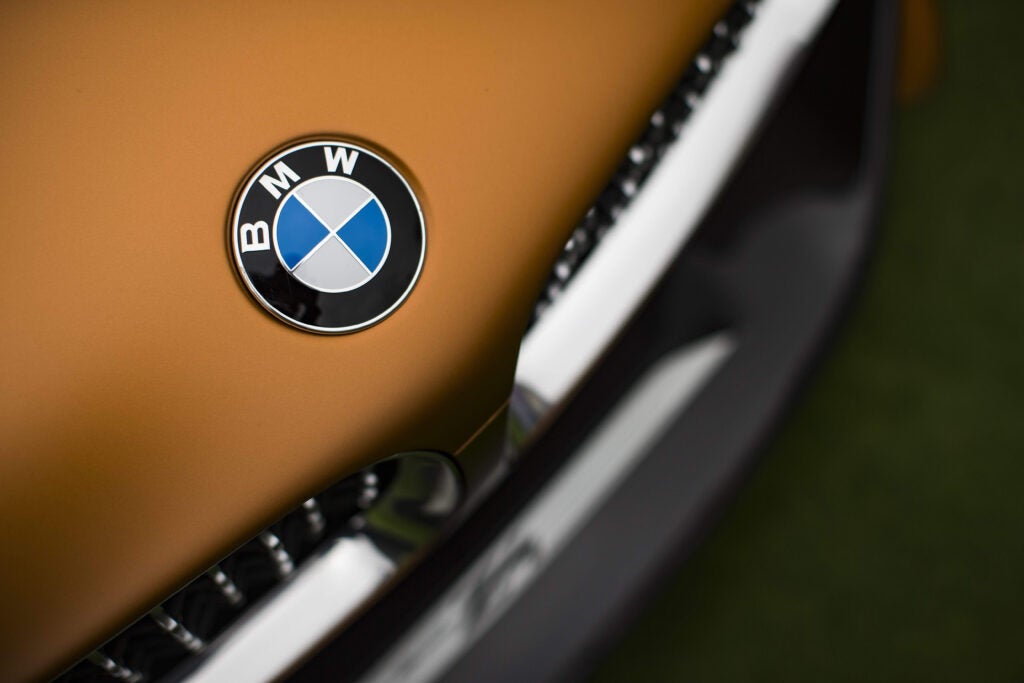
By the end of the decade, a third of all new car sales worldwide will be electric, according to an analysis from Deloitte.
This would bring the total number of electric vehicles (EVs) sold in a single year to 31.1m globally – 10m more than previously forecast.
In spite of COVID-19 disruption, total EV sales are still expected to reach 2.5m on worldwide in 2020. Based on a compound annual growth rate of 29%, Deloitte’s research estimates this to top 11.2m in 2025 and 31.1m by 2030. At this milestone, fully electric vehicles will account for 81% of all new EVs sold according to the research, outperforming their plug-in hybrid peers.
Deloitte identified a key factor in driving EV growth over the next ten years as changing consumer sentiment, as many barriers to adoption gradually dissipate.
Jamie Hamilton, head of electric vehicles at Deloitte, commented: “The price premium attached to many electric vehicles restricted some early adopters but, as the cost of EVs have converged with petrol and diesel equivalents, the pool of prospective buyers is set to increase. A wider range of new electric vehicles, combined with a growing second-hand market, means EVs are becoming a more viable option for many.
“However, overcoming consumer concerns around driving range and perceived lack of charging infrastructure will be important factors as more drivers consider the practicalities of switching to electric.”
How well do you really know your competitors?
Access the most comprehensive Company Profiles on the market, powered by GlobalData. Save hours of research. Gain competitive edge.

Thank you!
Your download email will arrive shortly
Not ready to buy yet? Download a free sample
We are confident about the unique quality of our Company Profiles. However, we want you to make the most beneficial decision for your business, so we offer a free sample that you can download by submitting the below form
By GlobalDataAdditional factors driving growth include a favourable regulatory environment, be it financial incentives or emissions targets, and the development of new EV models that span both affordable and luxury ends of the market. Similarly, as company cars and fleet continue to represent the majority of all new car sales, a shift to EVs at a corporate level will further the global transition to electric.
Peak petrol
Lockdown measures in response to the outbreak of COVID-19 saw major disruption to international supply chains and the temporary closure of dealerships.
Hamilton said: “Whilst overall car sales plummeted during this time, EVs have shown resilience in some regions compared to the rest of the market. Consequently, the outbreak of COVID-19 means we have likely seen petrol and diesel vehicles reach their sales peak, albeit relatively unnoticed. With total annual car sales unlikely to return to pre-pandemic levels until 2024, even if sales growth in the petrol and diesel market returns, it is likely to experience a decline in market share thereafter.”
UK outlook
In the UK, a mix of favourable government policies and greater consumer awareness on climate change have been catalysts for EV growth to date, said Deloitte. With ambitions to meet wider net zero emissions by 2050, and a proposed ban on the sale of polluting vehicles brought forward to 2035, the stage is set for further adoption.
Deloitte’s analysis found that 50% of UK consumers would consider an EV as their next vehicle purchase. However, 33% indicate that a lack of charging infrastructure remains the greatest concern when considering the switch to full electric.
Hamilton said: “Continued investment in charging facilities and overcoming consumer concerns around their availability and accessibility could see the UK surpass the 32% global EV market share by 2030, reaching as much as 65% of the domestic market in the same period.”







